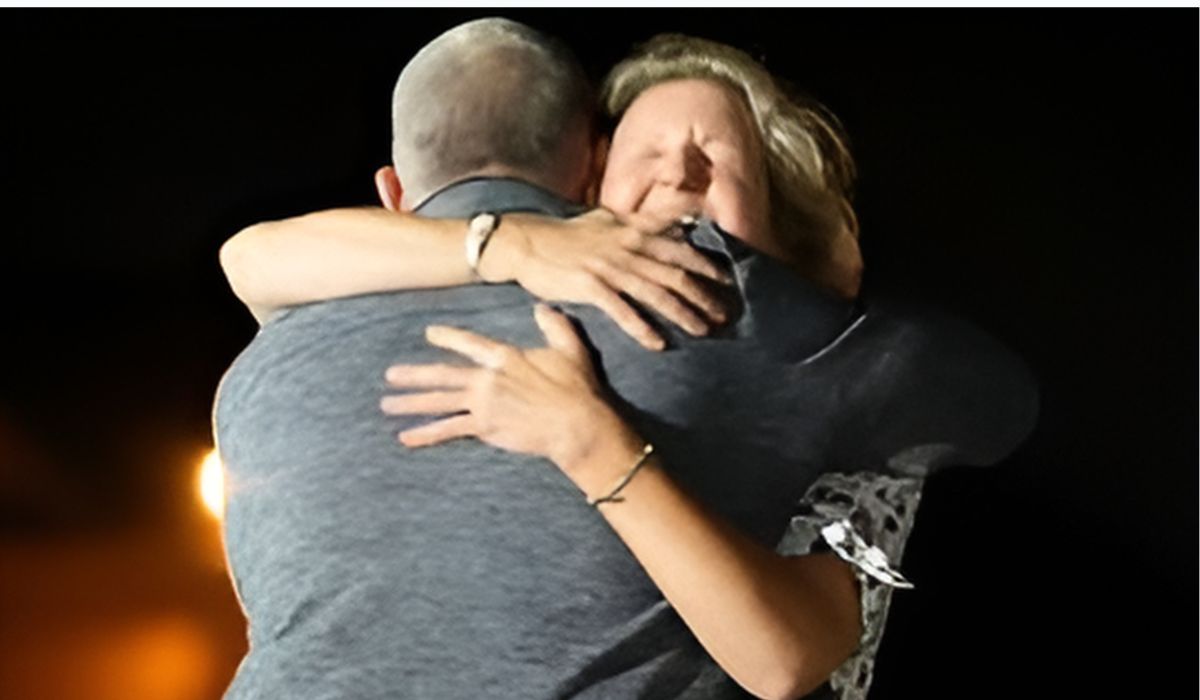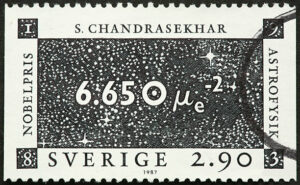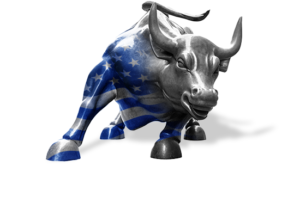In a significant diplomatic achievement, three Americans held in Russia were freed on August 2, 2024, as part of a major prisoner exchange between the United States and Russia. Wall Street Journal reporter Evan Gershkovich, former U.S. Marine Paul Whelan, and journalist Alsu Kurmasheva were welcomed by President Joe Biden and Vice President Kamala Harris upon their arrival at Joint Base Andrews in Maryland late Thursday night.
The swap, which has been described as the largest of its kind since the Cold War, involved 16 American prisoners being exchanged for eight Russian detainees. The operation took place at an airfield in Turkey, with diplomatic efforts from several countries, including Germany and Slovenia, playing crucial roles in facilitating the exchange (GreekReporter.com).
Details of the Released Americans
- Evan Gershkovich: A reporter for the Wall Street Journal, Gershkovich was detained for over a year on espionage charges, which he and his employer have consistently denied.
- Paul Whelan: The former U.S. Marine was arrested in Moscow in December 2018 and had been serving a lengthy sentence on charges of espionage, which he also denied.
- Alsu Kurmasheva: A journalist for Radio Free Europe/Radio Liberty, Kurmasheva was detained in October 2023 on accusations of spreading false information about the Russian army.
President Biden hailed the release, stating, “Their brutal ordeal is over,” and praised the diplomatic efforts that led to the successful exchange. The president also acknowledged the critical roles played by America’s allies, particularly Germany and Slovenia, in the negotiations (GreekReporter.com).
Significance and Broader Implications
This exchange, which had been in the works for over 18 months, underscores the intricate and often prolonged nature of international diplomatic negotiations. The release appears to have hinged on the return of Vadim Krasikov, who had been serving a life sentence in Germany for an assassination in Berlin. Krasikov is now back in Russia (GreekReporter.com) (The Times of Israel).
In total, 26 individuals from prisons across seven countries—including the U.S., Germany, Poland, Slovenia, Norway, Russia, and Belarus—were part of the exchange. This move is seen as a critical step in alleviating tensions and fostering a path toward more stable diplomatic relations between the involved nations (GreekReporter.com).
Additional Developments
In a separate but related development, the U.S. has also moved to release five Iranian prisoners and unfreeze $6 billion in Iranian assets. This is part of an agreement to secure the release of five Americans detained in Iran. This decision highlights the ongoing complexity and strategic considerations in international prisoner exchanges and diplomatic negotiations (The Times of Israel).
Conclusion
This historic exchange not only brings relief to the families of those freed but also marks a notable moment in U.S.-Russia relations, with potential long-term implications for international diplomacy and human rights advocacy. The successful negotiation and execution of this exchange demonstrate the power of diplomatic efforts and international cooperation in resolving complex geopolitical issues.
Most Searched FAQs:
- Who were the Americans released in the U.S.-Russia prisoner exchange?
- Evan Gershkovich, Paul Whelan, and Alsu Kurmasheva.
- Why were Evan Gershkovich and Paul Whelan detained in Russia?
- Both were accused of espionage, charges which they and their supporters deny.
- How many prisoners were exchanged between the U.S. and Russia?
- A total of 24 prisoners were exchanged, with 16 Americans swapped for eight Russians.
- Where did the prisoner exchange take place?
- The exchange occurred at an airfield in Turkey.
- What was the role of other countries in the prisoner exchange?
- Countries like Germany and Slovenia played crucial roles in facilitating the exchange.
- What other developments were related to this exchange?
- The U.S. has agreed to release five Iranian prisoners and unfreeze $6 billion in Iranian assets as part of a separate deal.
- What are the broader implications of this prisoner exchange?
- The exchange is seen as a step toward easing tensions and fostering diplomatic relations between the involved nations.







































